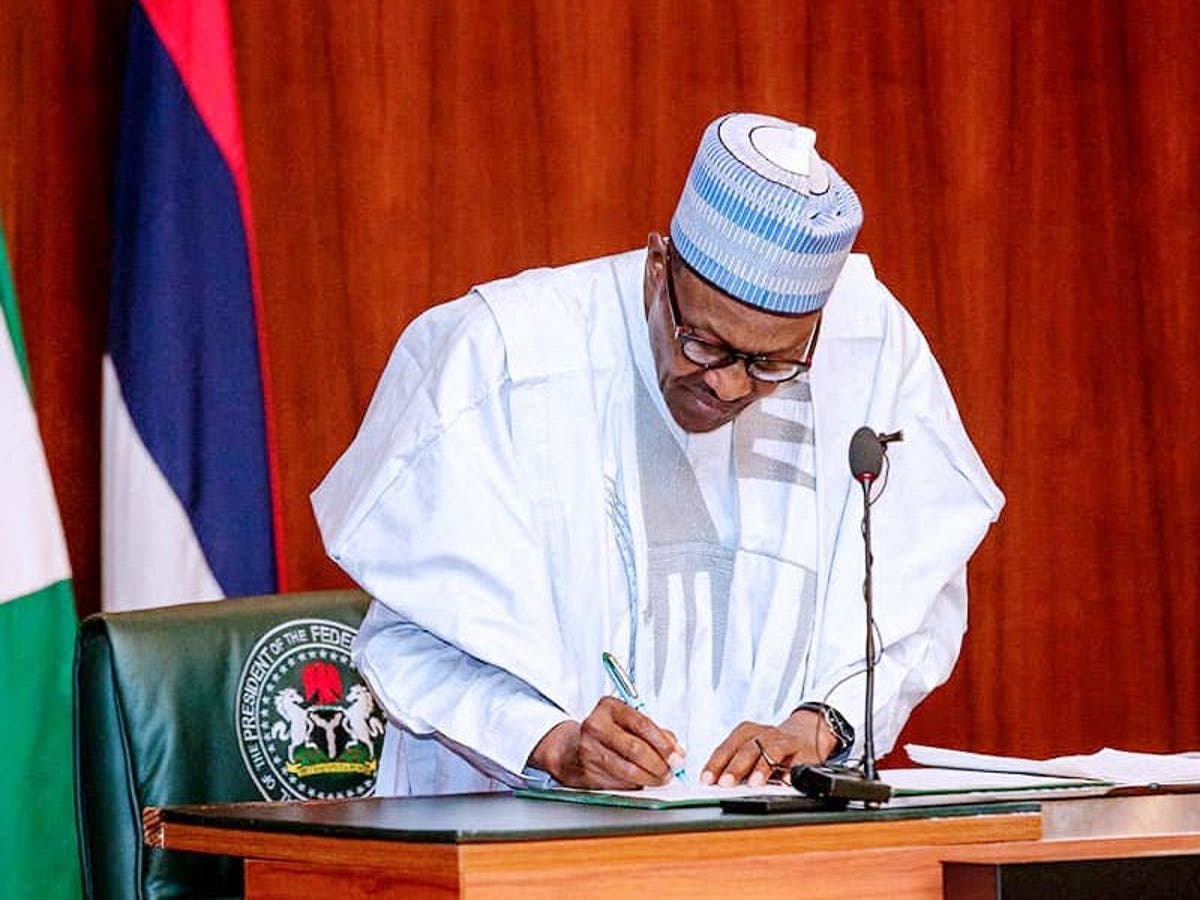The Federal Executive Council (FEC) has approved sweeping tax reforms aimed at stabilizing the economy, incentivizing job creation, and providing relief to small businesses. The reforms, part of President Bola Tinubu’s economic stabilization plan, follow recommendations from the Presidential Committee on Fiscal Policy and Tax Reforms, established in August 2023.
Announcing the reforms, Bayo Onanuga, Special Adviser to the President on Information and Strategy, highlighted key changes in a post on X after today’s FEC meeting in Abuja.
Among the new measures, companies that expand their workforce will benefit from tax relief, designed to stimulate employment and capacity growth. Workers earning between N200,000 and N400,000 in both the public and private sectors will also enjoy personal income tax relief, providing much-needed financial relief amid rising inflation.
“This is an incentive for companies to hire more staff, embark on expansion projects, and ultimately reduce unemployment,” Onanuga noted.
The reforms also address the multiple taxation burden on small businesses. A bill approved by the FEC calls for collaboration between federal and state governments to remove certain levies, including haulage fees, livestock levies, and market taxes. This is expected to ease the financial strain on micro, small, and medium enterprises (MSMEs) and vulnerable populations.
The Economic Stabilisation Bills, which include these reforms, will soon be transmitted to the National Assembly for legislative approval. In addition to tax reforms, the bills propose changes to income tax laws, promotion of export goods, exchange rate regime reforms, and measures to unlock foreign exchange liquidity.
The Presidential Committee, chaired by Taiwo Oyedele of PwC, was tasked with reviewing Nigeria’s tax laws and improving the business climate to attract investment. Key recommendations include reducing Nigeria’s total number of taxes from over 50 to 8, eliminating withholding taxes, and removing import duties for farmers and manufacturers.
These reforms reflect President Tinubu’s vision of taxing the “fruits” of businesses rather than their “seeds,” aiming to foster economic growth while easing the tax burden on companies and individuals.










